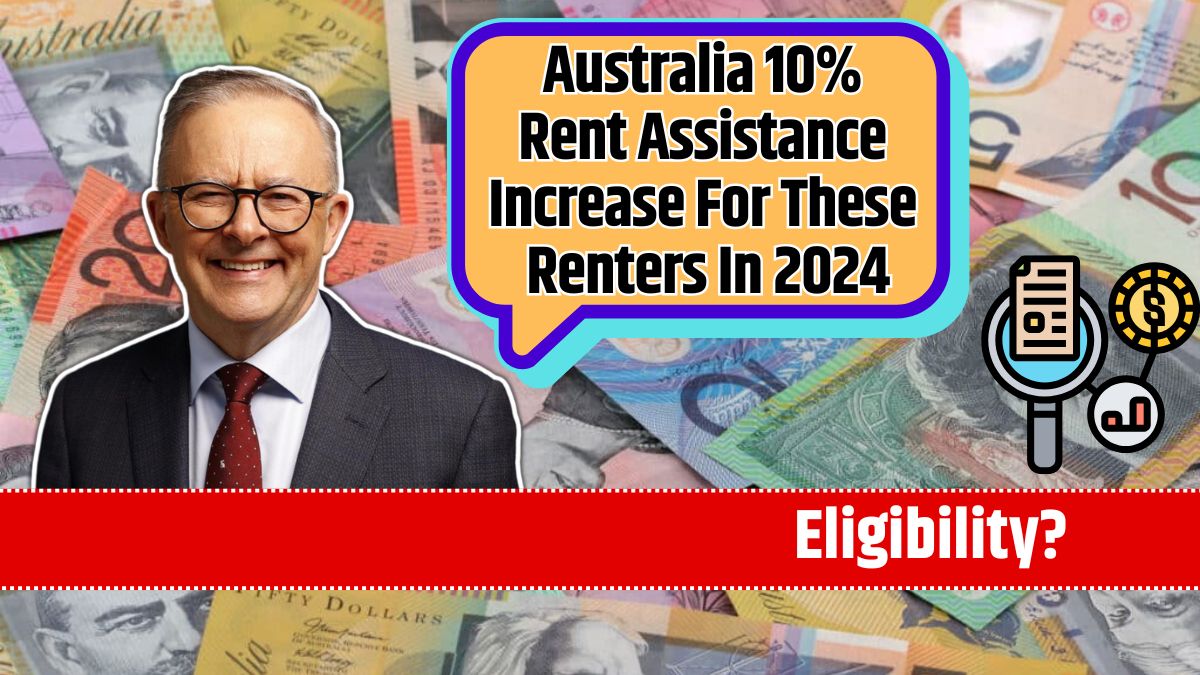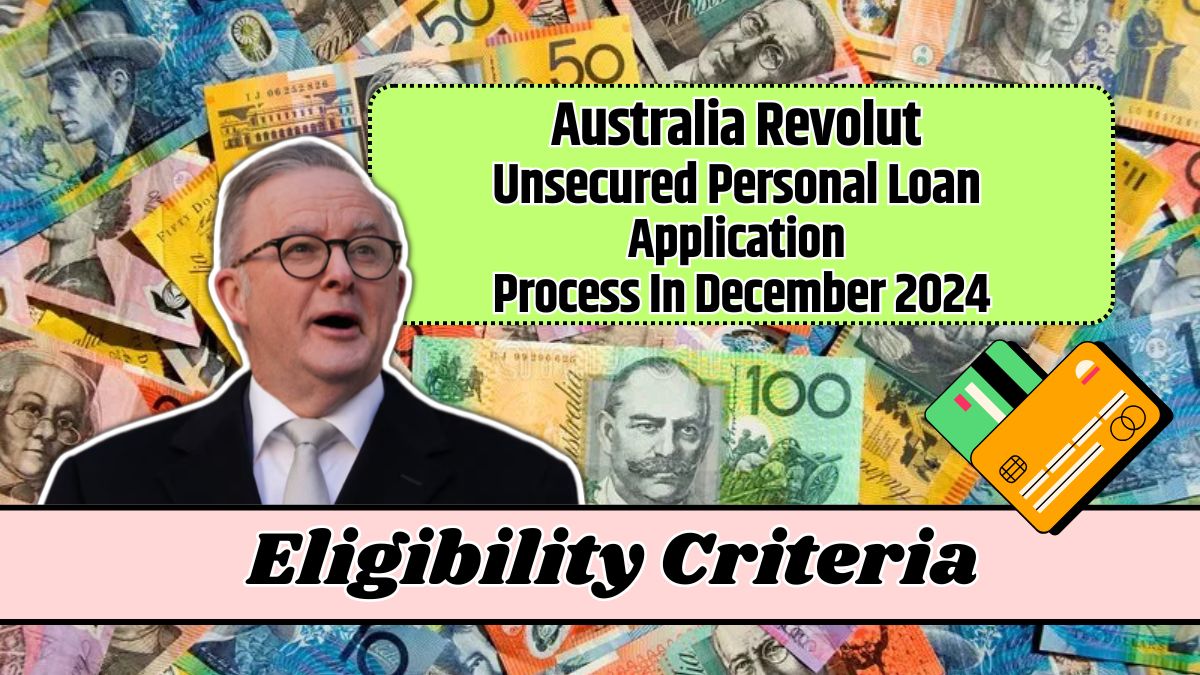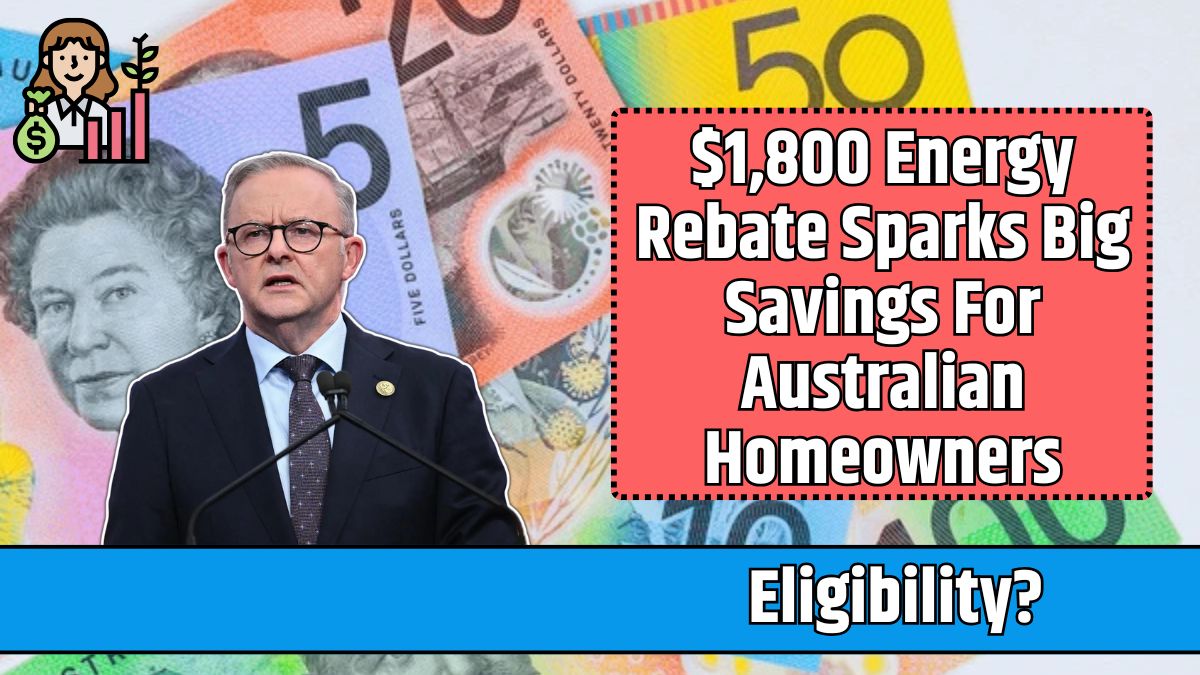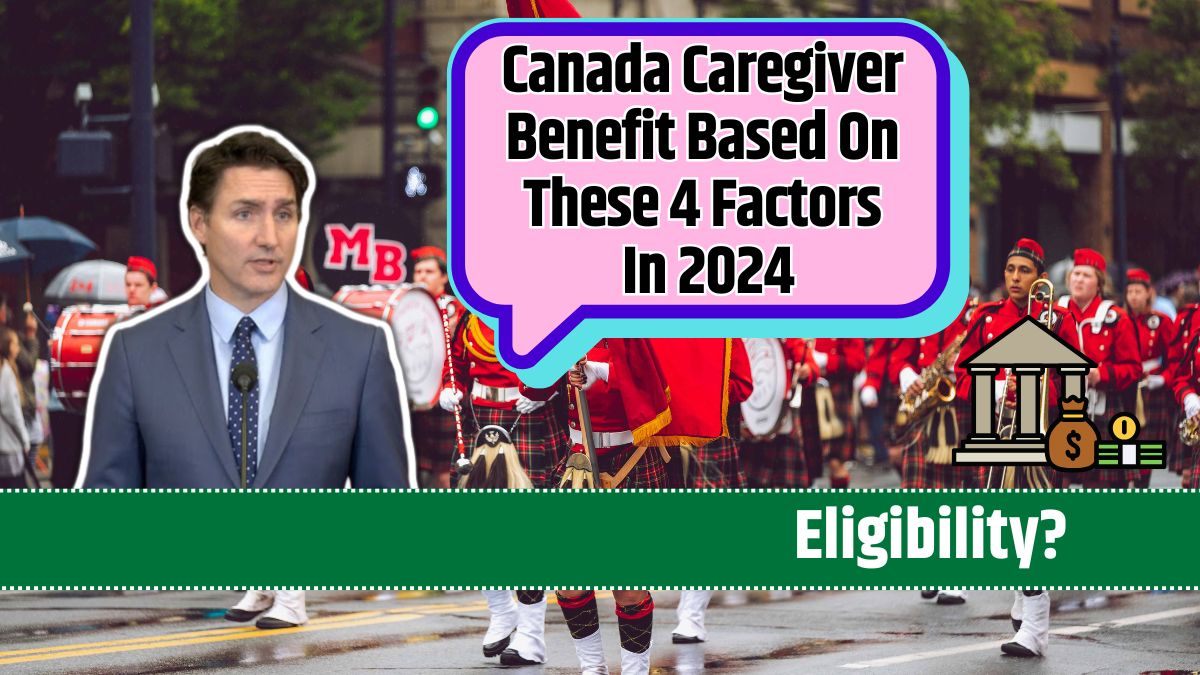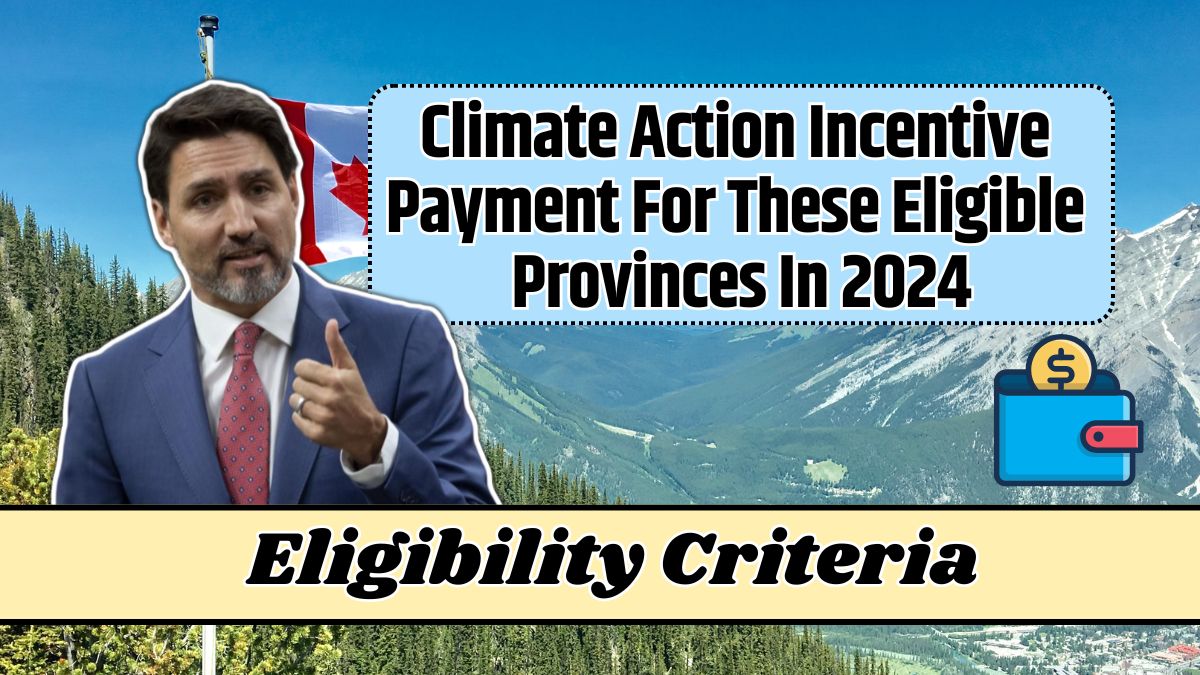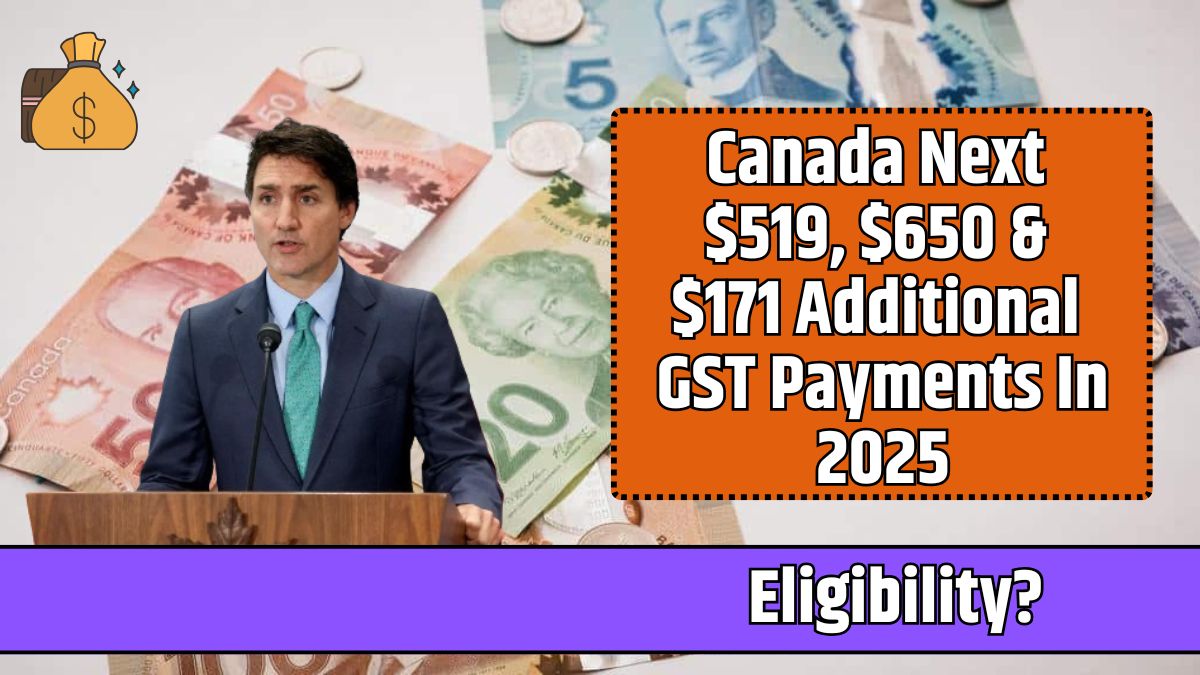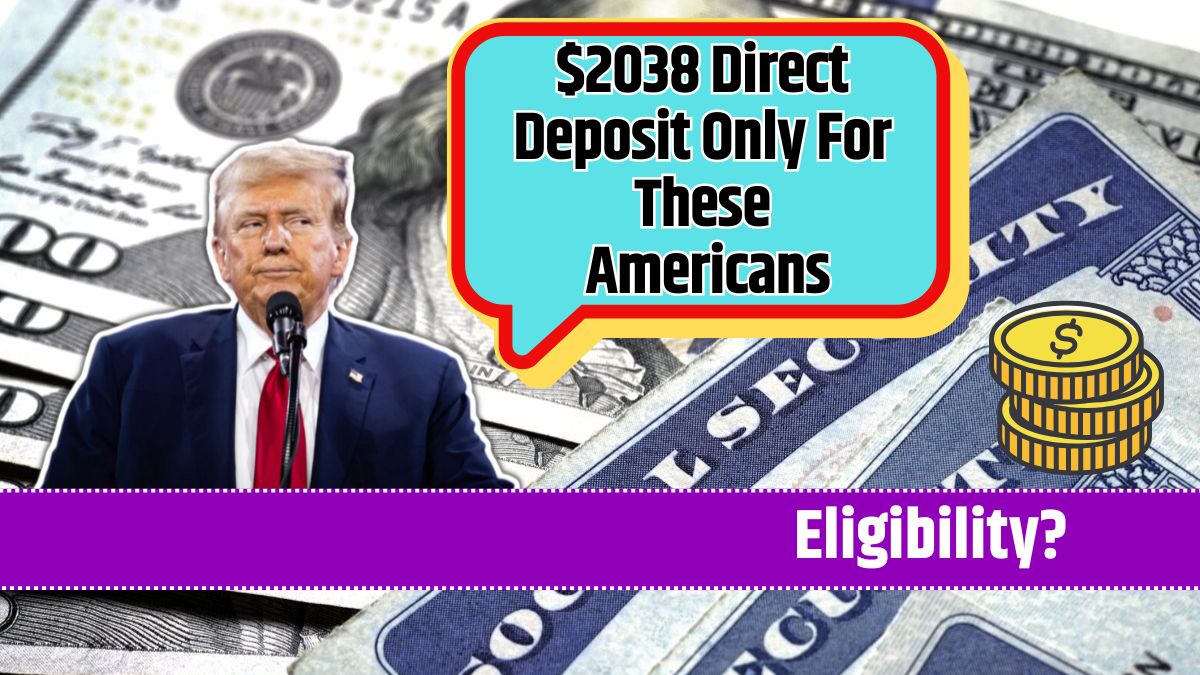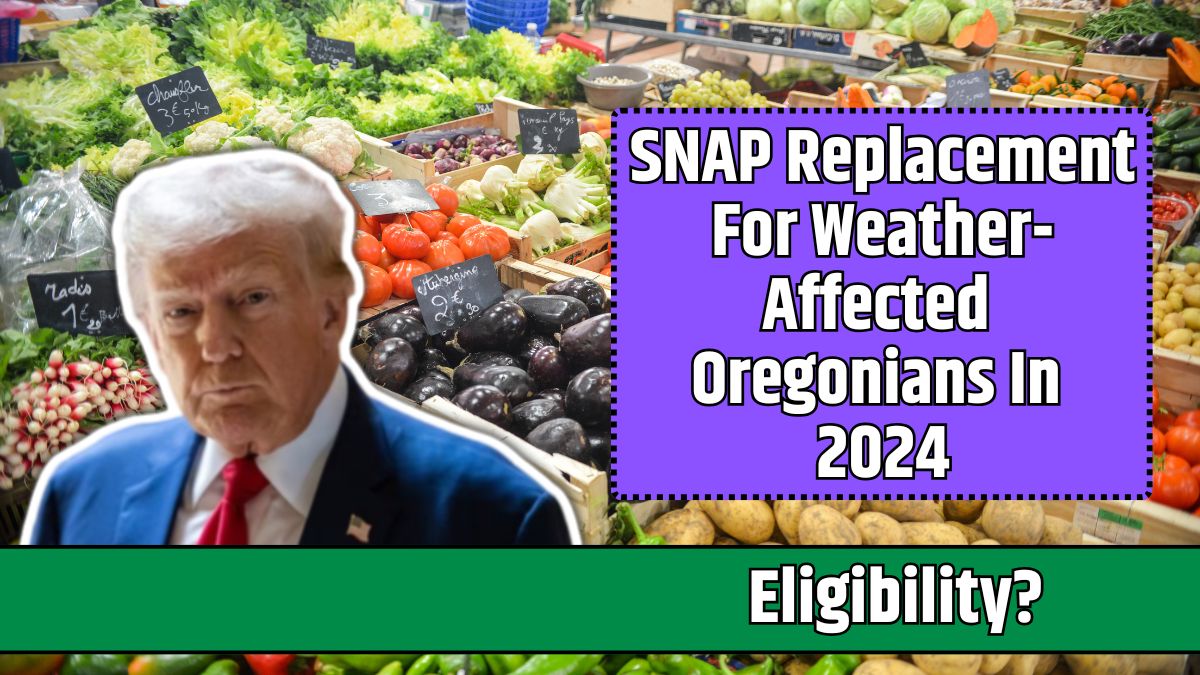Low-income renters in Australia will benefit from a 10% increase in Rent Assistance starting January 2024. With rent prices and living costs continuing to climb, this adjustment provides much-needed financial relief for eligible individuals and families.
Whether you’re already receiving Rent Assistance or looking to apply, this guide will help you navigate the changes, understand your eligibility, and claim your entitlement.
Australia 10% Rent Assistance Increase
The 10% Rent Assistance boost is a response to Australia’s growing housing affordability crisis. Introduced as part of the government’s broader cost-of-living measures, this increase ensures that renters relying on income support payments can better manage rising housing expenses.
Key Highlights
| Feature | Details |
|---|---|
| Increase Amount | 10% boost in Rent Assistance from January 2024 |
| Eligible Payments | JobSeeker, Youth Allowance, Age Pension, and others |
| Increase Value | Up to $23.60 more per fortnight based on circumstances |
| Automatic Adjustment | Applies to existing recipients |
| New Applications | Processed via myGov |
| Official Information | Services Australia website |
How Much More Will You Get?
The increase varies based on your household composition and rent expenses. Here’s an estimate of the additional fortnightly payments:
| Household Type | Fortnightly Increase |
|---|---|
| Single, no children | $10.90 |
| Couple, no children | $16.40 |
| Single with children | $19.40 |
| Couple with children | $23.60 |
For most recipients, this boost will be automatically added to regular payments.
Who Qualifies?
To receive Rent Assistance, you must meet these criteria:
1. Eligible Income Support Payment
You need to be on one of the following:
- JobSeeker Payment
- Youth Allowance
- Age Pension
- Disability Support Pension
- Parenting Payment
- Carer Payment
2. Rent Privately or in Community Housing
Rent Assistance is available for those renting privately or in community housing. It does not cover public housing tenants.
3. Meet Rent Thresholds
You must pay a minimum amount in rent to qualify. The higher your rent (up to a cap), the more assistance you may receive.
4. Income and Asset Tests
Rent Assistance eligibility is subject to income and asset limits. Exceeding these limits may reduce or disqualify your entitlement.
How to Claim
Current Recipients
If you’re already receiving an eligible payment, the increase will be added automatically from January 2024. No further action is needed.
New Applicants
If you’re new to Rent Assistance, follow these steps:
- Set Up a myGov Account
Link your myGov account to Services Australia if not already done. - Check Eligibility
Use Services Australia’s tools to confirm you meet the criteria. - Submit Documentation
Provide proof of rent, such as rental agreements or receipts. - Complete the Application
Submit your application via myGov. Services Australia will review and confirm your eligibility.
Practical Tips to Maximize Benefits
1. Track Your Rent Expenses
Keep your rental documents updated and notify Services Australia of any changes in your circumstances.
2. Combine Assistance Programs
Check eligibility for state-specific housing programs or financial support to complement Rent Assistance.
3. Seek Tenancy Advice
If you face challenges with your landlord or rental agreement, contact organizations like the Tenants’ Union for guidance.
4. Consider Financial Counseling
Free financial counseling services can help you manage expenses and make the most of your assistance.
Case Study: Sarah’s Story
Sarah, a single mother in Sydney, has been struggling to cover rising rent costs. Receiving JobSeeker and Rent Assistance has been a lifeline, but she still found it hard to make ends meet.
With the 10% increase in 2024, Sarah will get an additional $19.40 per fortnight, easing her financial burden and allowing her to redirect some funds toward groceries and utilities.
Why Rent Assistance Matters
Rent Assistance plays a crucial role in today’s housing market, especially as rental prices continue to rise in cities like Sydney and Melbourne. For low-income Australians, this program is often the difference between financial stability and hardship.
The 10% increase underscores the government’s recognition of these challenges and its commitment to supporting vulnerable populations.

